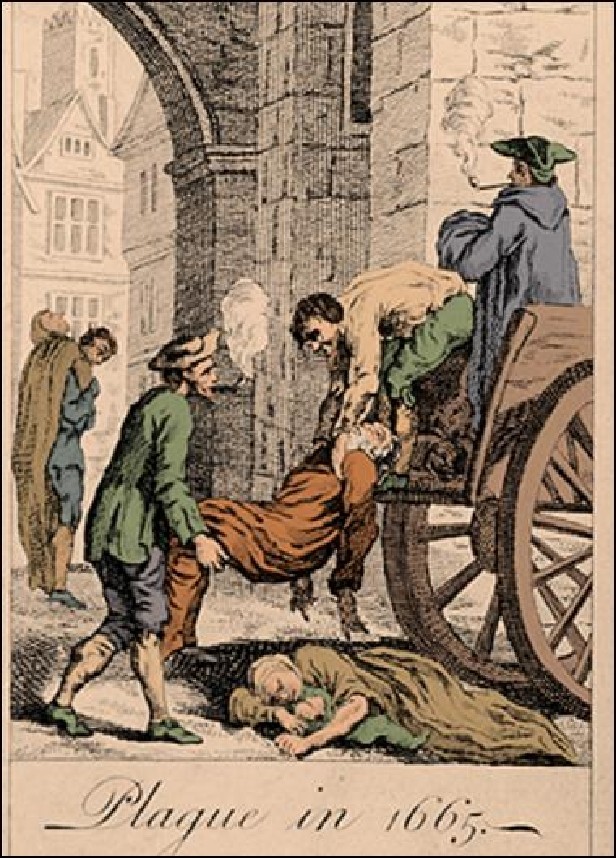About halfway through Camus'
The Plague I realized that the same disease had just cropped up in
Death in Venice and I'd recently watched the AIDS documentary
How to Survive a Plague, so clearly this was subconscious word association at work. If you really want to extend the metaphor/relevance of this novel, substitute "AIDS" for "plague". And check out my earlier entry on Karl Marlantes'
Matterhorn because oh man, parallels.
Some background/context: I've written about Camus on here before (
Notebooks & "
Reflections on the Guillotine") and most of
The Plague can --and should be-- read through the lens of "Reflections", no pun intended. Also, at one point in the book Camus does this sneaky little allusion to his most famous work,
The Stranger: "A young commercial employee had killed an Algerian on a beach," (51) and the whole rest of the novel I kept wondering if Cottard was somehow an escaped character from
The Stranger. I see what you did there.
Sprinkled throughout the book are heavy philosophical flavors -- Foucault's prison system and Sartre's existentialism jumped out (Camus' contemporaries). The entire town of Oran, both before and during the plague, is a prison. It just becomes more obvious when the plague hits and the gates to the town are sealed with guards. A social prison becomes a real prison, where all the inhabitants are on a fast-track trial with a possible death sentence waiting. The first few chapters establish the power of the status quo and a familiar exceptionalism: surely the plague can't happen here, surely I won't get the disease, horrible things like that happen to an "other" but not to me. Even though piles of rats are dying in the streets, people still go about their habits and the city continues in its routine; menace is masked by normalcy. This isn't a new concept and you can reliably find it in horror movies. (I always think of the baby on the plane in the opening scene of
Final Destination.) Camus adds another layer to it with meaningless communication and menace masked by jargon: "We are to take the responsibility of acting as though the epidemic were plague" (47).
So now we're presented with the meat of the novel, which is the reaction of several townspeople to being trapped in this prison-city with a raging plague epidemic for a year. Dr. Rieux fits the Camus character description offered up by Susan Sontag in her critical essay on
Notebooks: "noble, stoical, at the same time detached and compassionate ... the attitude ... is a transcendence of the event [instead of a response or solution to it]." At the height of the plague, Rieux compares his role to a judge: "To detect, to see, to describe, to register, and then condemn - that was his present function." Here's where "Reflections on the Guillotine" comes in -- Camus' arguments against the death penalty fit into Rieux and company's decision to risk staying in the city and keep trying to help/heal, that he owes it to his fellow human beings. (
Matterhorn: "Dying this way was a better way to die because living this way was a better way to live.") His friend Tarrou tells a story about a defendent up for the death penalty:
"The only picture I carried away with me of that day's proceedings was a picture of the criminal. I have little doubt he was guilty -- of what crime is no great matter ... You've understood -- he was a living human being."
(224)
In a similar vein, Rieux has this to say in response to a sermon that paints suffering as divine punishment and a path to salvation:
"He hasn't come in contact with death; that's why he can speak with such assurance of the truth -- with a capital T. But every country priest who visits his parishioners and has heard a man gasping for breath on his deathbed thinks as I do. He'd try to relieve human suffering before trying to point out its excellence."
(116)
A key scene in the novel involves the drawn-out death of a child, and the various characters grappling with how to come to terms with such a thing. The issue of evil and human suffering really reminded me of
Matterhorn's best moments and I think that novel actually found a better way of dealing with 'how can God exist when evil things happen to good people'. So, let's fuse the two books for a moment:
The Plague: "It was wrong to say: "
This I understand, but
that I cannot accept"; we must go straight to the heart of that which is unacceptable, precisely because it is thus that we are constrained to make our choice." (203)
Matterhorn: "I see my friend Broyer get his face ripped off by a mine. What you
think I do all night, sit around thankin' Sweet Jesus? Raise my palms to
sweet heaven and cry hallelujah? You know what I do? You know what I
do? I lose my heart. ... Then, the sky turn gray again in the east, and
you know what I do? I choose all over to keep believin'. All along I
know Jesus could maybe be just some fairy tale, and I could be just this
one big fool. I choose anyway. ... It ain't no easy thing."
(466)
It ain't no easy thing.

